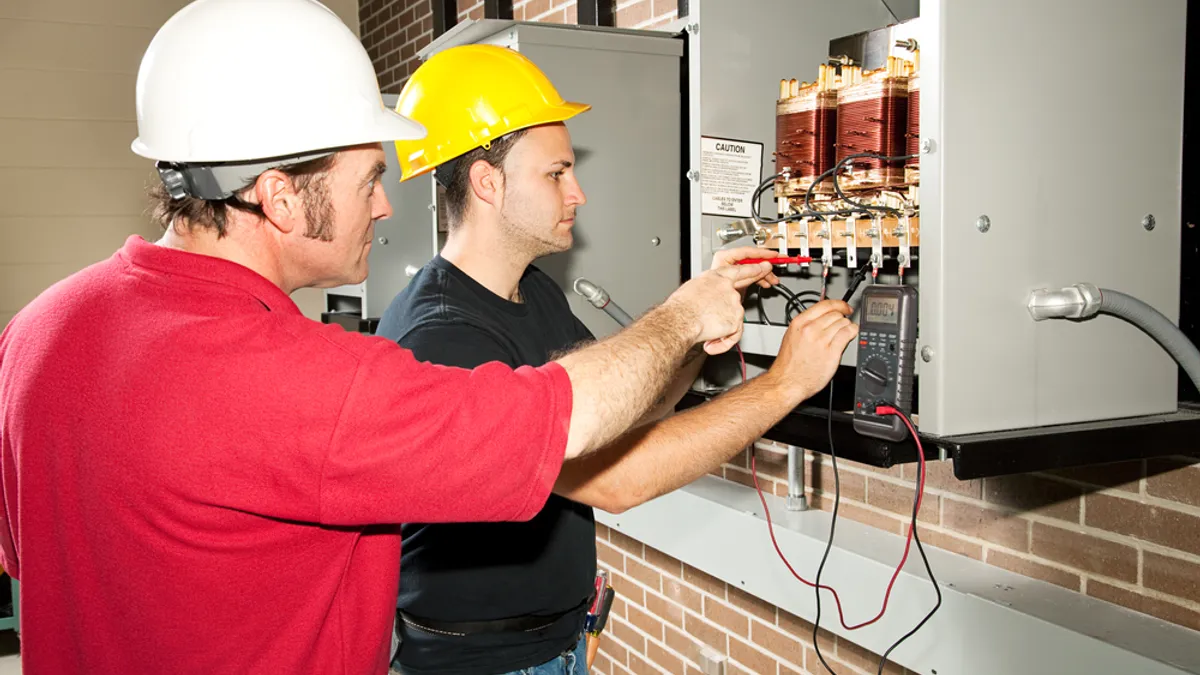Dive Brief:
- The Strengthening Career and Technical Education for the 21st Century Act advanced in the U.S. House of Representatives Tuesday, the first step in re-authorizing the Carl D. Perkins Career and Technical Education Act, which has bipartisan support in both chambers of Congress.
- The Center for American Progress released its own plan for how to improve the state of jobs with an focus on workers that do not have a college degree. The center noted that this group had seen a 2% decline in compensation in contrast with a 3% rise for workers with a college degree.
- These calls for more investment in career and technical education come as President Donald Trump has called for five million new apprenticeships to be created, which mirrored a similar request from the Progressive Policy Institute.
Dive Insight:
The continued decline in college enrollment over the past several years, coupled with the increase in the number of non-traditional college students, indicates that students are increasingly coming to the realization that a conventional four-year degree is not the only viable career path. Students who take CTE classes are less likely to drop out of high school and have a better chance of generating mentors and graduating with skills that could secure them higher-paying jobs more quickly.
With this plethora of positive attributes, the issue seems to be one of a lingering stigma, with some students feeling that a CTE pathway indicates a track for students who are not considered to be good fits for a four-year education. Though legislators increasingly laud the approach as not just a viable alternative to traditional education, but a valuable supplement for adult and continuing learners, these concerns are not dissipating on their own, which puts the onus on employers and CTE programs to put more emphasis and resources in outreach to students potentially interested in the path. The only obstacle seems to be perception among students, which can eventually be overcome with persistent effort.














